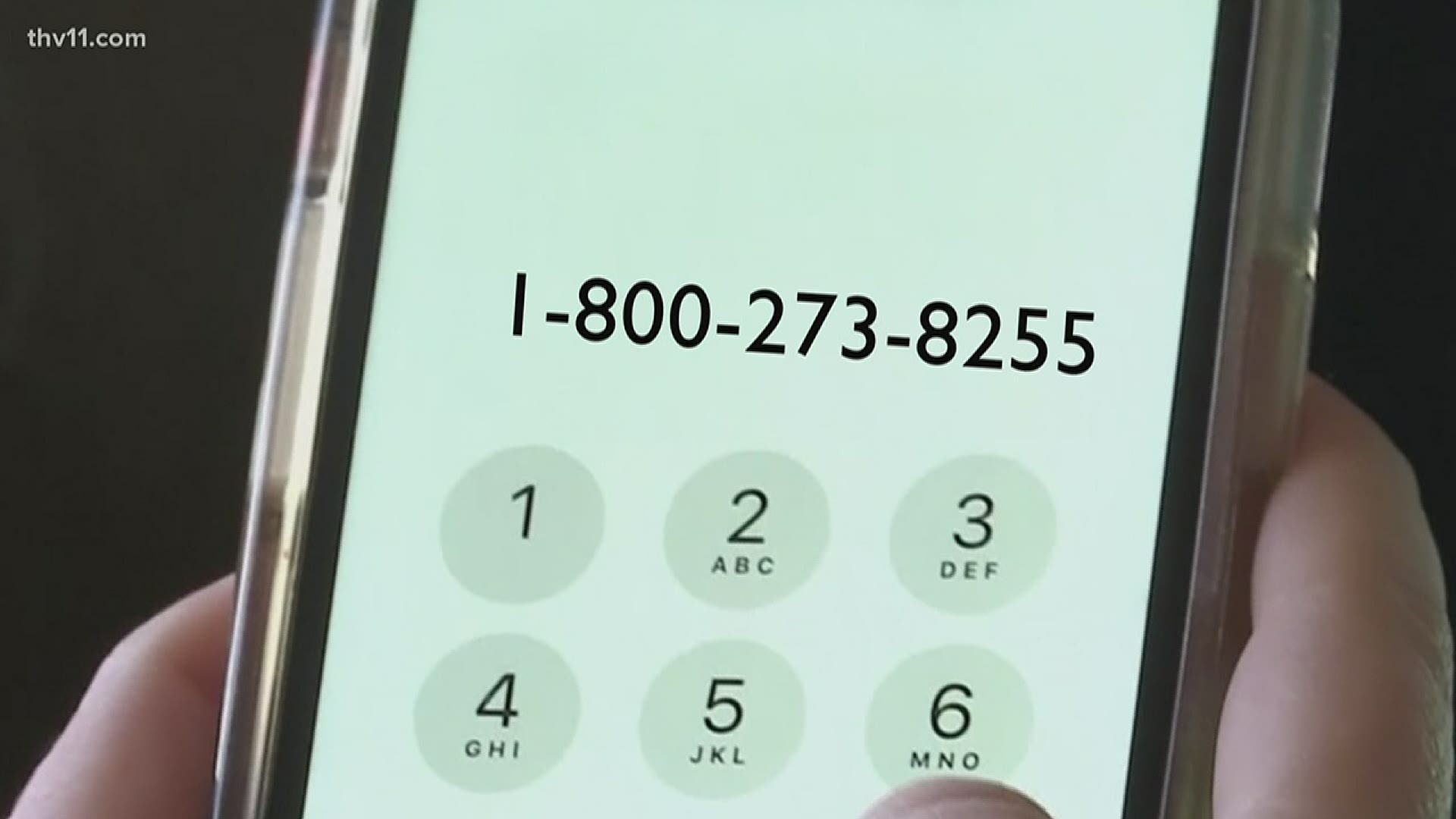NORTH LITTLE ROCK, Ark. — Before COVID-19 hit, we were already in a mental health crisis.
Dealing with social isolation can cause new types of stress and loneliness.
A North Little Rock man who lost his friend to suicide is now hoping to save others’ lives before it’s too late.
Guy Lyons said he lost his dear neighbor to COVID-19, but he didn’t have the virus.
“Everything that’s going on, the tone, and the whole attitude of the culture right now, it created some anxiety for him,” Lyons said.
Lyons said his elderly neighbor battled mental health issues.
“The thing that really bothers me is that he had underlying issues already,” Lyons said.
Lyons said the stresses brought on by the pandemic were some of the last things his neighbors spoke of before he took his own life. Now, Lyons is sharing what happened, hoping to break the stigma that surrounds mental health.
“This conversation, or reading my Facebook post can help somebody somewhere get help. Whether it’s the person who needs to get the help, or it’s for the people who know other people to reach out to them,” Lyons said.
Behavioral Health Services Outpatient Clinician Kerry Ingram said he’s seeing similar worries more often.
“Other stressors that they were facing, it’s not there as much. Now it’s more like ‘what’s going to happen?’ You know, and the unknown of the future,” Ingram said.
He said some warning signs to be aware of are isolated behavior, emotional outbursts, statements about self-harm, a change in behavior, loss of motivation, and a lack of interest in things.
“Neighbors or family members, if they’re lonely just ask them about it. ‘How is this going?’ Just be honest and have good honest communication,” Ingram said.
He said having an open and honest conversation can help people open up.
“Be real about it. Admit that there’s something different about this and we’re in uncharted territory,” Ingram said.
Free help is available 24/7 at the suicide hotline, that’s 1-800-273-8255.
Lyons doesn’t want anyone to be afraid to make the call for help and hopes this message won’t go unheard.
“He was the kind of neighbor that every neighborhood needs. He brought joy and laughter and silliness all the time,” Lyons said.
Now, he’s asking you to be a good neighbor and check in with the children, friends, family, and neighbors around you.
He’s also asking that you check in with yourself.

